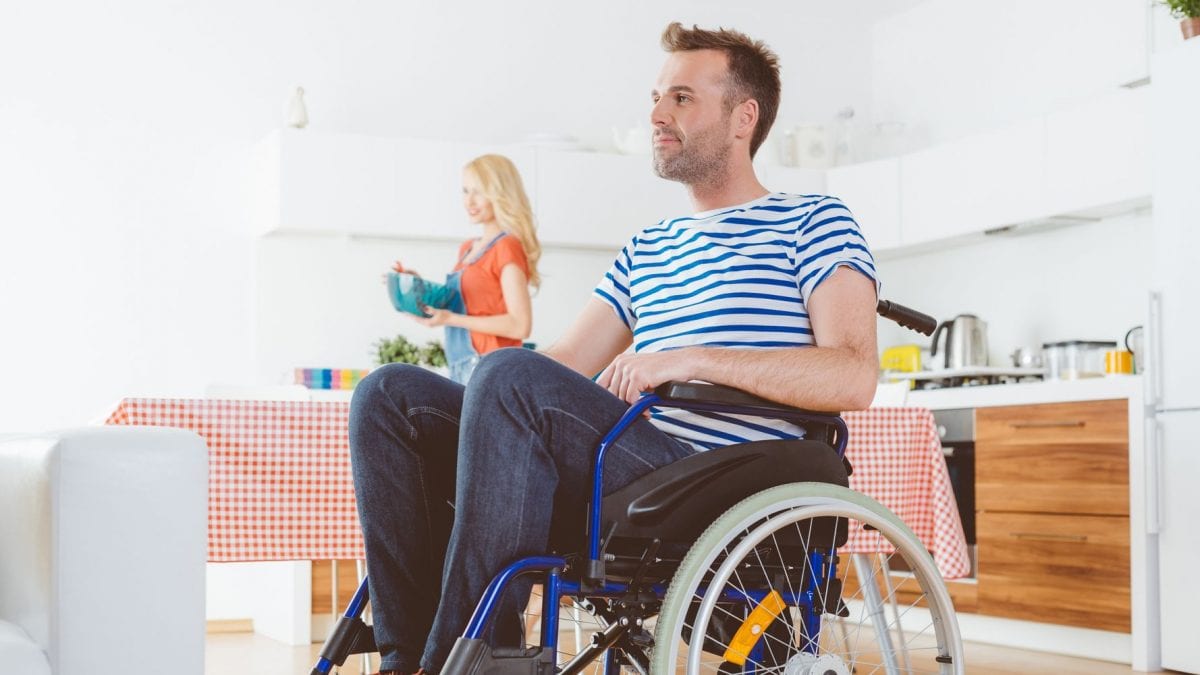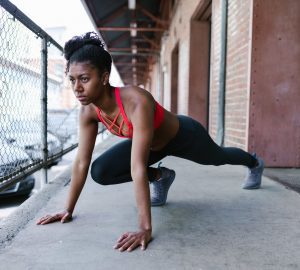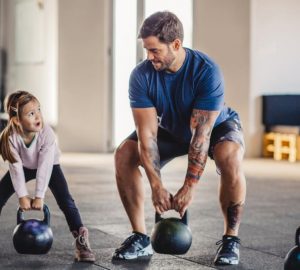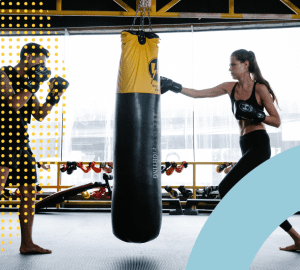Many people assume that having a physical disability limits you. Well, think again. Working out with a physical disability is easier than it may seem.
The time limit to make a medical negligence claim for your disability may we over, but that doesn’t mean you can’t live a life filled with physical activity like anyone else! In fact, there are plenty of exercises to try that are inclusive and adaptable for people with all sorts of disabilities.
In this article, we explore the best sports and work outs someone with a physical disability might be able to partake in. We also provide a few tips to ensure you do so safely. Happy sporting!
The Best Sports to do with a Physical Disability
What’s brilliant about the increasing accessibility these days is that numerous sports have opened up for people with disabilities. Whether they’ve been adapted to suit different physical abilities, or are just more accessible in general, there’s plenty out there.
Taking some of the most common physical disabilities as examples, we’ve listed some of the best sport that might work for you.
The Best Sports for Wheelchair Users
Some of the most common disabilities, including spina bifida and acquired spinal injuries, require a wheelchair. This means the individual will have limited movement in their body due to their seated position.
For wheelchair-users who have functioning upper-bodies, there are a huge array of sports out there to try. These include, but are not limited to:
- Wheelchair basketball
- Wheelchair rugby
- Sailing
- Tennis
- Cycling using an adapted bicycle
- Fencing
- Dance
- Hockey
- Skiing
- Karting
- Archery
- Paragliding
- Abseiling
- Canoeing or kayaking
The Best Sports for those with Cerebral Palsy
Cerebral Palsy affects physical movement in varying degrees. For some, movement is simply a bit stiff, and the limbs might be weak. For others, trouble with walking and lack of control with movements might be experienced.
Depending on this degree, there are a variety of sports available to those with CP, including:
- Horseback riding
- Running, for those who are able to walk on their own
- Archery
- Swimming
- Cycling
- Football
- Canoeing or kayaking
- Hiking
The Best Sports for those with a Brain Injury
An acquired brain injury can cause a person to lose certain motor functions, and might require physical rehabilitation to improve symptoms. Seeking the advice of your doctor or physiotherapist is paramount before you push yourself too far.
That said, some potential sporting options for someone with motor function issues after a brain injury could include:
- Swimming
- Walking
- Dancing
- Hiking
- Running
- Cycling
Can I Work Out at the Gym with a Disability?
As you can see, there are a huge number of sports out there for people with disabilities. That said, there might be some who would rather head to the gym for their weekly bit of exercise. So, is this possible?
Of course it is! Depending on the disability, there are a huge range of exercises a person can try out. Some ideas for gym exercises to try could include:
- Cardiovascular exercises on the running machine, elliptical or spinning machine.
- Strength training, using weights in a variety of ways.
- Flexibility exercises, like yoga and stretching, to help with mobility.
- Sit-down workouts, like leg raises and chair exercises.
- Resistance training, using a resistance band to work on your strength and endurance.
- Using your body alone, you can whip up a workout routine that simply uses your own body weight to keep you fit and healthy, including press-ups and sit-ups.
3 Tips for Exercising with a Physical Disability
Now we know what sports and work-out exercises are possible with a physical disability, what should you bear in mind before jumping straight in? Well, here are three quick tips to set you off on the road to victory:
1. Consider a Team Sport
As we’ve seen above, there are plenty of sports out there to try, even with a physical disability. Many of these are team sports, and could be ideal if you’re looking to branch out into something new.
All sport is great, but some might feel a little isolated doing it alone. Instead, a team sport could be the answer to provide you a sense of camaraderie and enjoyment.
What’s also brilliant about many of the team sports above is that the adaptive versions will allow you to meet people with similar disabilities to you. Not only will this breed an inclusive and like-minded environment, you might make some life-long friends along the way.
2. Don’t Over-Do Things
Pushing yourself is obviously a huge part of any sport. You want to exceed your personal bests and reach your goals. That said, it’s very important that you don’t over-do it, as this can cause injury.
To ensure you stick to this, try not to rush yourself and set realistic goals to reach, rather than massive ones. To help you with this, why not download a workout plan online to ensure you control your progress? By keeping things achievable, your mental and physical health is much more likely to stay on track.
3. Bring a Friend
If you’re thinking of heading to the gym to lift weights, it might be wise to bring a friend. They can act as your spotter when weight-lifting, and can ensure you don’t over-do things. They can also be there to support and motivate you to hit your gym goals.
Ready to Head to the Gym?
As you can see, there are plenty of sports and exercises someone with a physical disability can partake in. Whether it’s a group activity, or a workout in the gym, exercise can help to improve your physical and mental health. So, as long as your doctor approves, get involved!
The NHS website has some brilliant advice to help you incorporate exercise into your daily routine. By building it into your life, you can ensure you remain fit and healthy.









